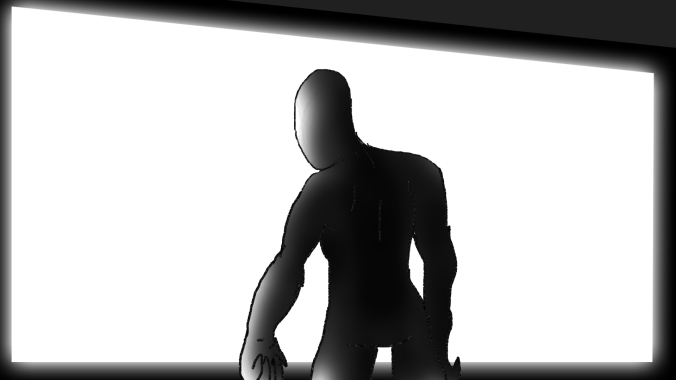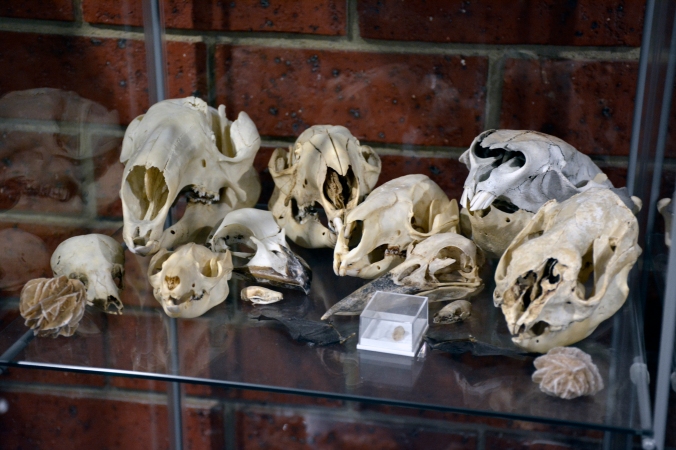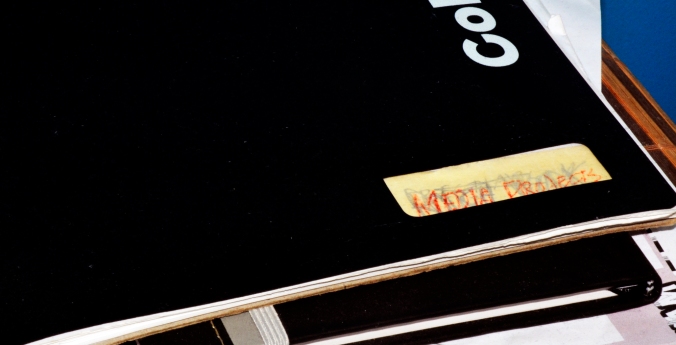“Keeping Abernethy’s analysis in mind, assess the extracts from the Royal Commission into Papua (1907). Provide some background to the annexation of New Guinea and analyse whether the Australians were seeking to protect, advance or exploit the people of Papua New Guinea.”
The Melanesian nation of Papua New Guinea was a central discussion point for Australia in the early 1900s. Utilising the 1907 documentation of the Australian government’s Royal Commission into Papua as a lens to glimpse back into Australian ambitions for their territory in Papua, an idea of their true desires can be discerned. Approaching the Royal Commission with the observations historian David Abernathy made regarding the questionable morality of colonialism, it can be extracted that above all else Australia had a vested interest in profiting off of Papuan exploits.


